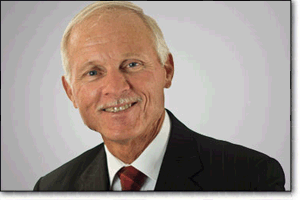- Home
-
News
- Back to parent navigation item
- News
- National Compliance Officer Day 2025
- Accounting & Auditing
- AI
- AML
- Anti-Bribery
- Best Practices
- Boards & Shareholders
- Cryptocurrency and Digital Assets
- Culture
- ESG/Social Responsibility
- Ethics & Culture
- Europe
- Financial Services
- Internal Controls
- Regulatory Enforcement
- Regulatory Policy
- Risk Management
- Sanctions
- Surveys & Benchmarking
- Supply Chain
- Third Party Risk
- Whistleblowers
- Opinion
- Benchmarking
- Certification
- Events
- Research
- Awards
-
CW Connect
- Back to parent navigation item
- CW Connect
- Sign In
- Apply
- Membership
- Contact
THIS IS MEMBERS-ONLY CONTENT
You are not logged in and do not have access to members-only content.
If you are already a registered user or a member, SIGN IN now.
Related articles
-

-
 Article
ArticleFormer ADM execs inflated operating profits, SEC alleges
2026-02-03T22:57:00Z By Adrianne Appel
Three former executives at Archer-Daniels-Midland intentionally misled investors by inflating the performance of the company’s Nutrition unit, the U.S. Securities and Exchange Commission has alleged.
-
 Opinion
OpinionNational Fraud Enforcement Division: A dangerous escalation of compliance risk
2026-01-29T16:39:00Z By Jaclyn Jaeger
Chief compliance officers and general counsel, beware: The Trump administration’s merging of its whole-of-government enforcement approach with its political agenda forewarns of escalating compliance risk on a national scale.
- Terms and Conditions
- Privacy Policy
- Do Not Sell My Info
- © 2025 Compliance Week
Site powered by Webvision Cloud







